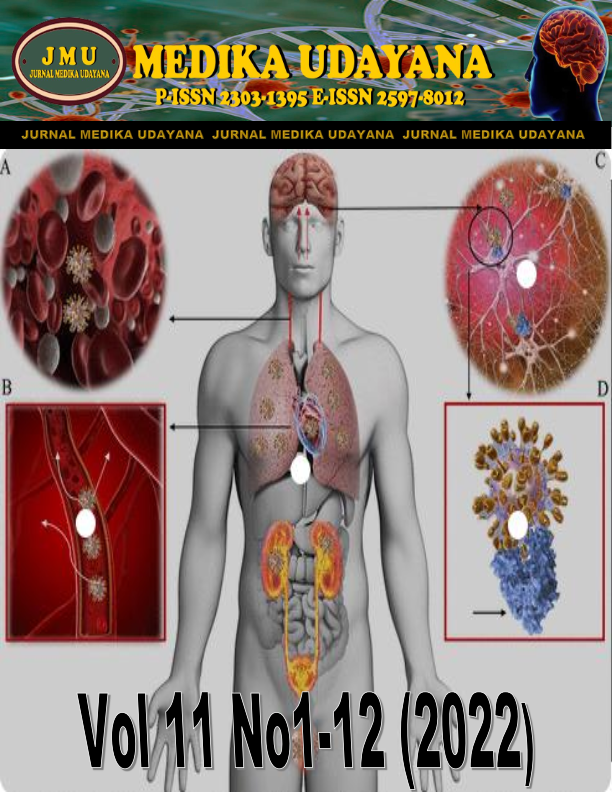The THE RELATIONSHIP BETWEEN EDUCATIONAL LEVEL AND AGE WITH HIV/AIDS TRANSMISSION PREVENTION BEHAVIOR AMONG HOUSEWIVES IN ARCAWINANGUN SUB-DISTRICT PURWOKERTO TIMUR BANYUMAS REGENCY
RELATIONSHIP BETWEEN EDUCATIONAL LEVEL AND AGE WITH HIV/AIDS TRANSMISSION PREVENTION BEHAVIOR AMONG HOUSEWIVES IN ARCAWINANGUN SUB-DISTRICT PURWOKERTO TIMUR BANYUMAS REGENCY
Abstract
WHO and UNAIDS declared Indonesia as the most dangerous zone for HIV/AIDS infection. The results of the UNAIDS analysis on the 2013-2018 health demographic survey data in 45 countries including Indonesia revealed that the level of women's knowledge about HIV was still in the low category. The level of HIV knowledge tends to be low among women with lower education levels and substandard incomes. One type of work with the highest HIV/AIDS prevalence rate in Indonesia is housewives. The purpose of this study was to determining the relationship between education level and age with HIV/AIDS transmission prevention behavior among housewives in Arcawinangun Village, East Purwokerto District, Banyumas Regency. This research deployed an observational study with a cross sectional design in Arcawinangun Village, East Purwokerto District, Banyumas Regency. The slovin formula with a sample size of 100 respondents was used as the sampling. Data were collected by using a behavioral questionnaire regarding the prevention of HIV/AIDS transmission. The data analysis technique used in this research was logistic regression test. The results were derived from the analysis of the relationship between education level and age with the behavior of preventing HIV/AIDS transmission among housewives in Arcawinangun Village, East Purwokerto District, Banyumas Regency and were seen in logistic regression analysis test that obtained r-value = 0.815. There is an insignificant relationship between education level and age with HIV/AIDS transmission prevention behavior among housewives in Arcawinangun Village, East Purwokerto District, Banyumas Regency.
Keywords: Educational level, age, prevention behavior, HIV/AIDS











